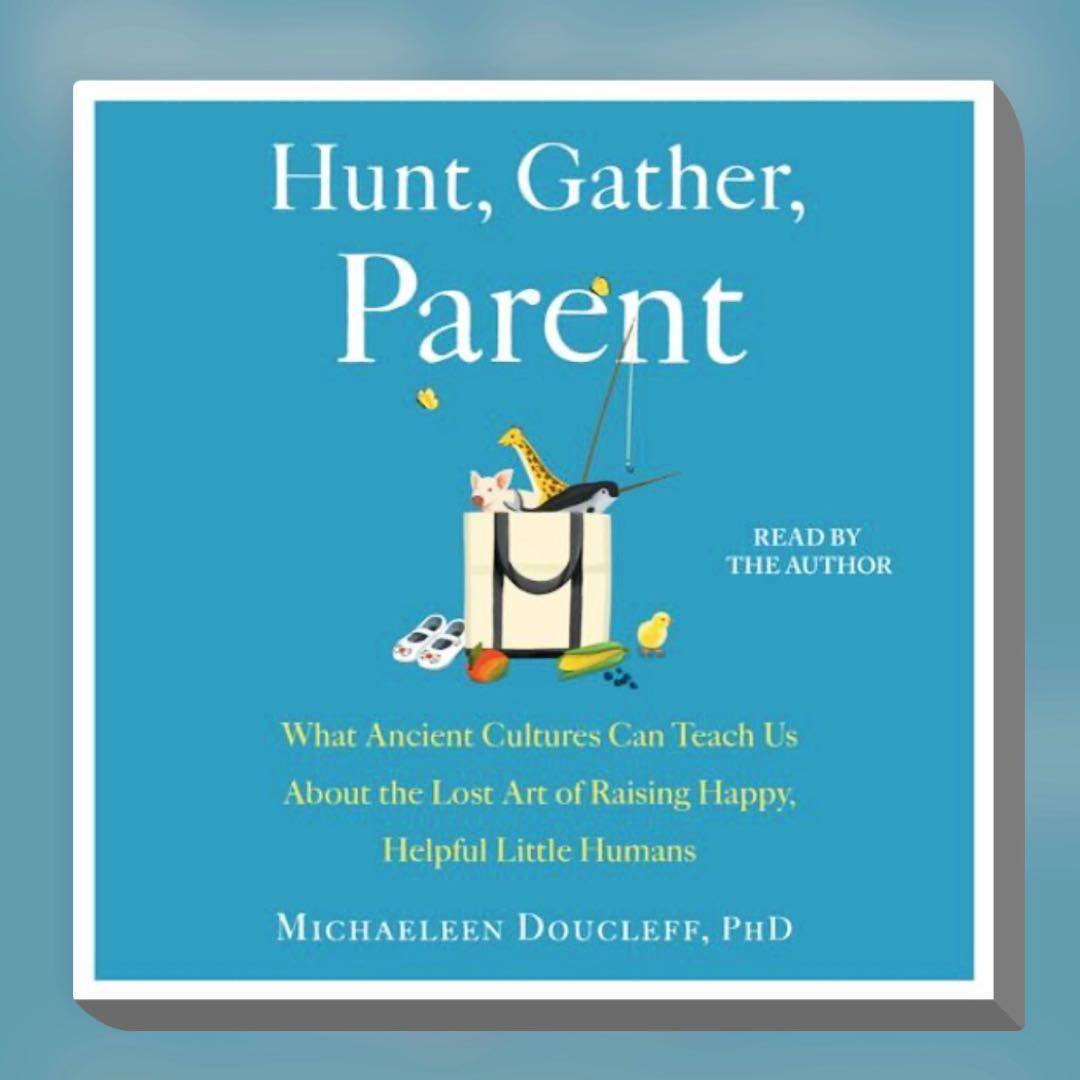
Some good advice, but I didn‘t care for the writer‘s style/voice.

Some good advice, but I didn‘t care for the writer‘s style/voice.
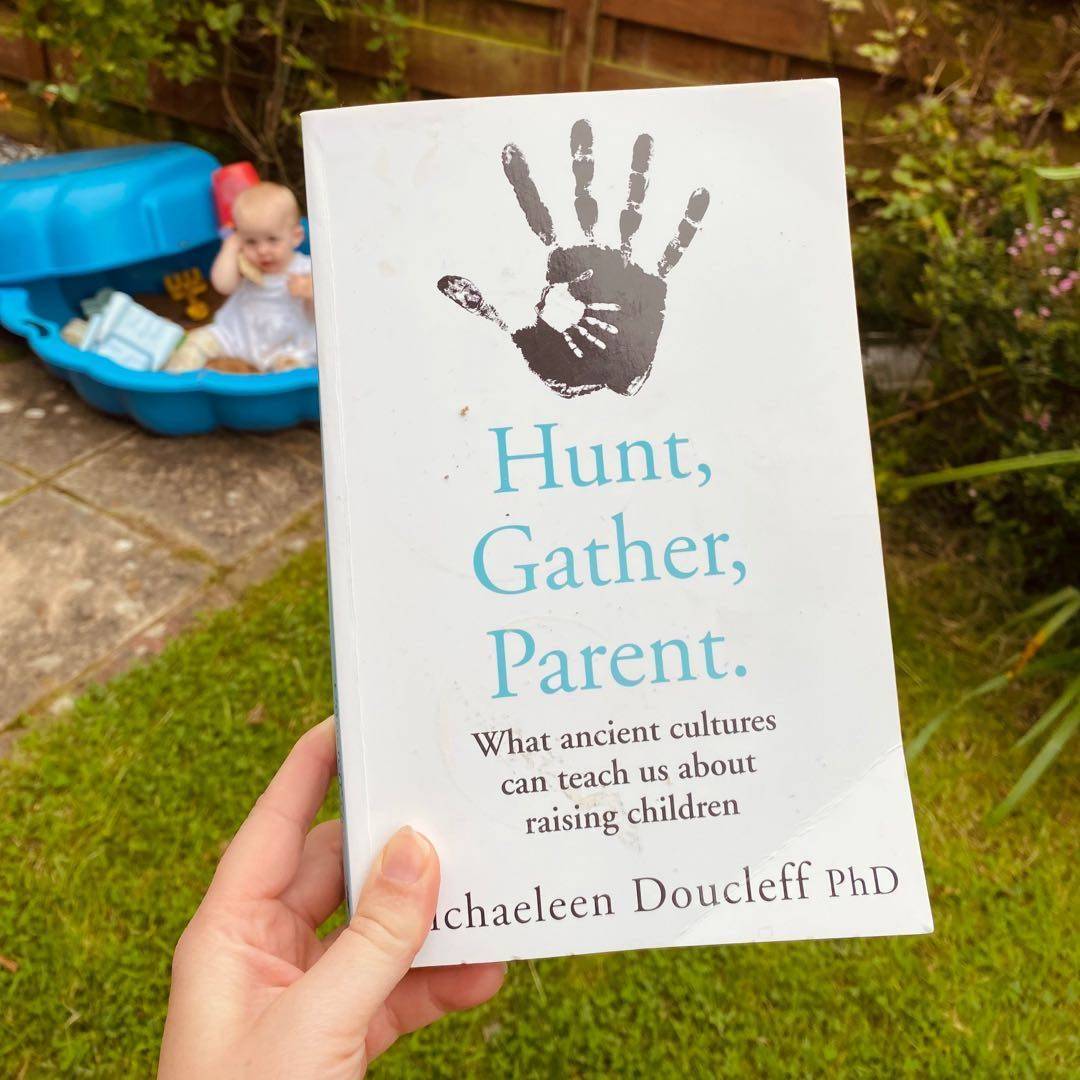
I wanted more about the ancient cultures and less on how she put that knowledge/her experiences in Mexico, Canada & Tanzania into practice with her own child (although I understand why she wrote it that way). Lots of tips on how to make parenting easier/more enjoyable - some I agree with & already do and some that didn‘t sit right with me. #nonfiction2023 (true colours)
(Naomi pretending to be on the phone using a spade 😆)
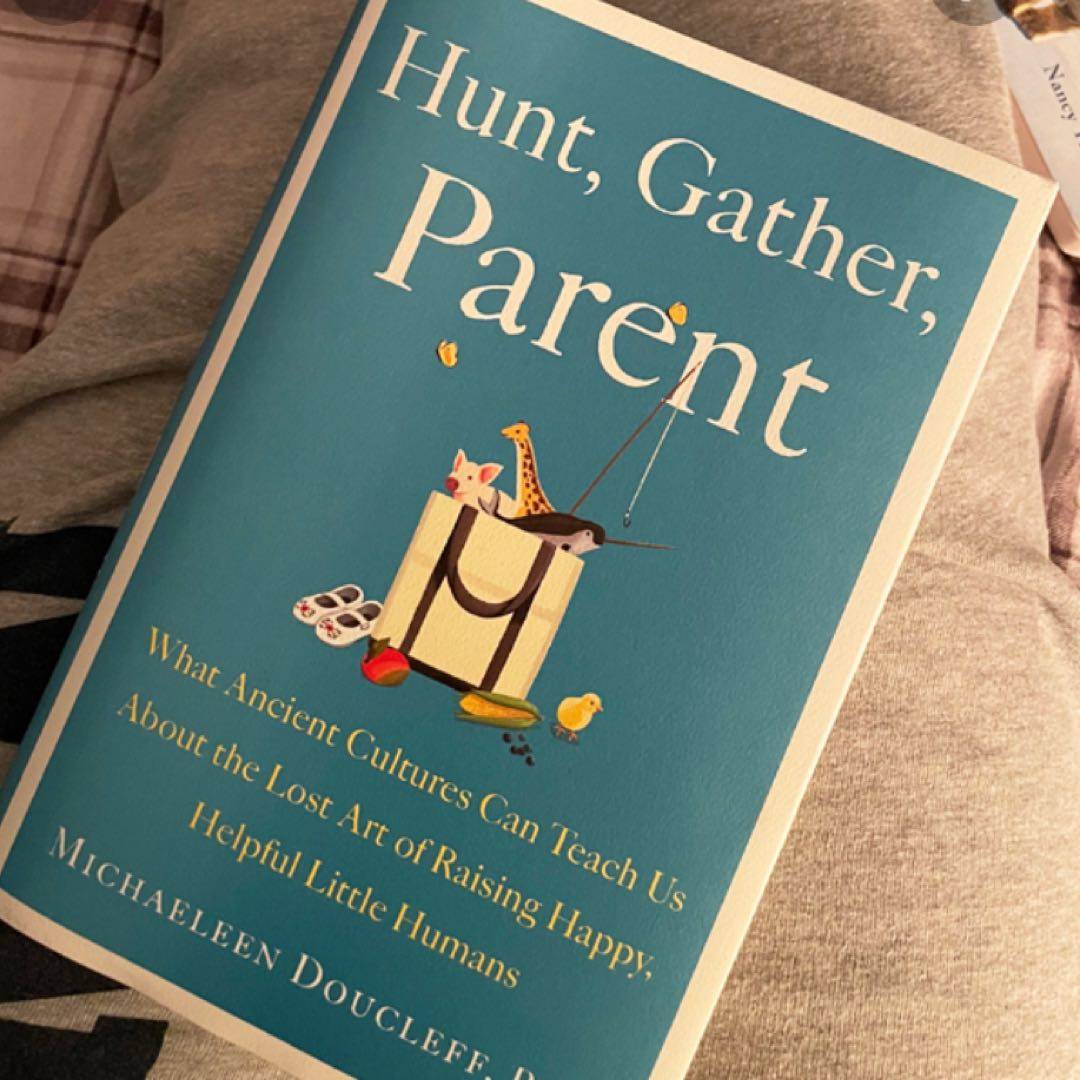
I absolutely loved this book! I can‘t stop talking about it. I have 3 children and have already started using many of the techniques. We moved from Canada to Senegal so some of the cultural ways of raising children we already do. The Inuit section is already changing my life. Not getting angry at your children, remaining calm and stop talking so much. Wow! My house in 2 weeks is already more peaceful. Every parent needs to read this! 5 Stars
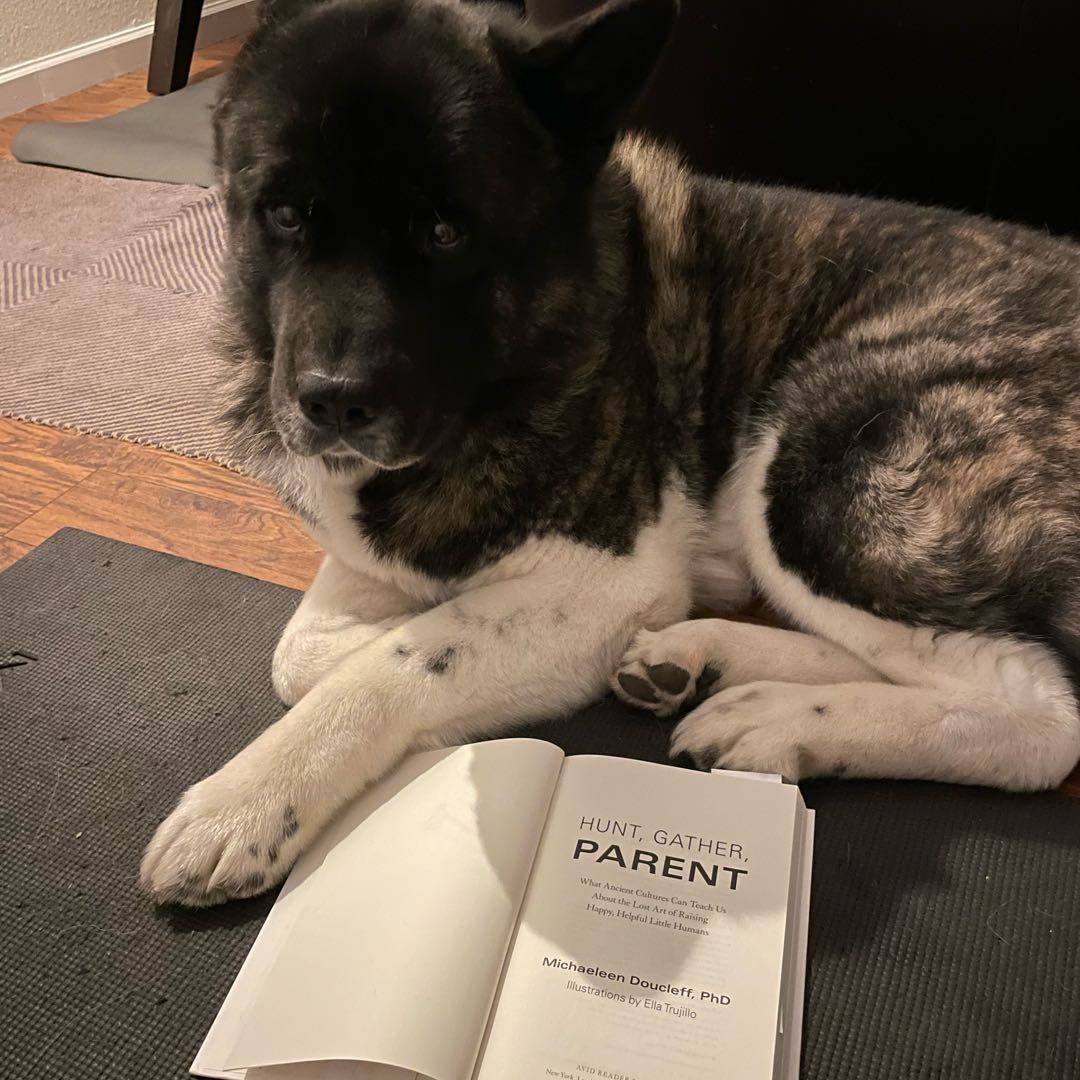
While I disagreed with the the authors description of Western parenting (she should used western middle class parenting IMO), I found this book to be really interesting. I agree that the way I see ppl raising kids is WEIRD and bad for the parents & the child, and that children need more autonomy & tasks, and less praise. Read this if you‘re interested in modern parenting & if you are want to know more about WEIRD culture. 3/5 stars
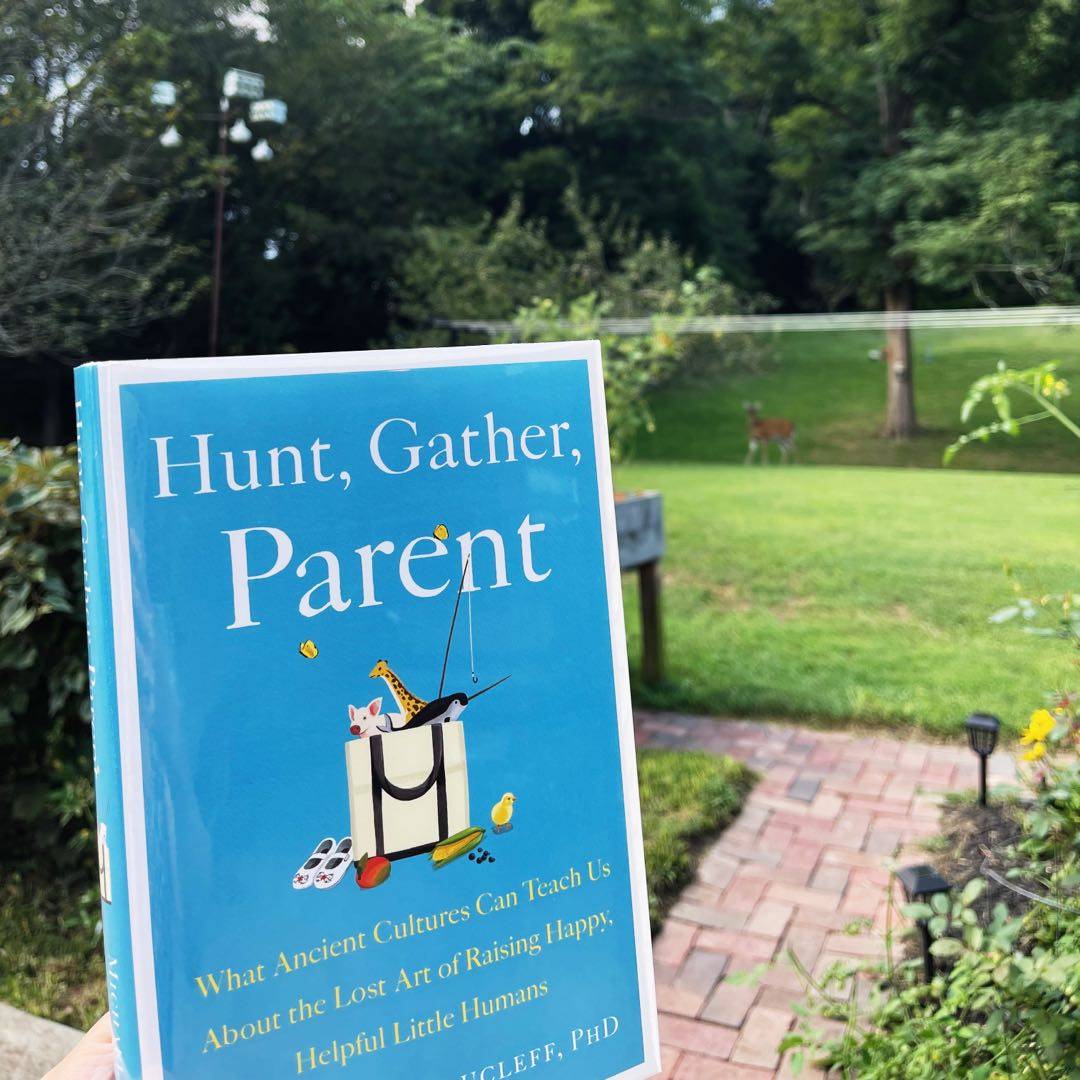
Excellent parenting advice from an NPR journalist who traveled the world with her young daughter Rosie to spend time with various people from cultures which have a much different perspective on raising children than western society. I loved this take on raising kids to be helpful and self-reliant. I‘ve read several parenting books in the last 6 years and there are topics covered here as in others but it‘s always great to reinforce the ideas.
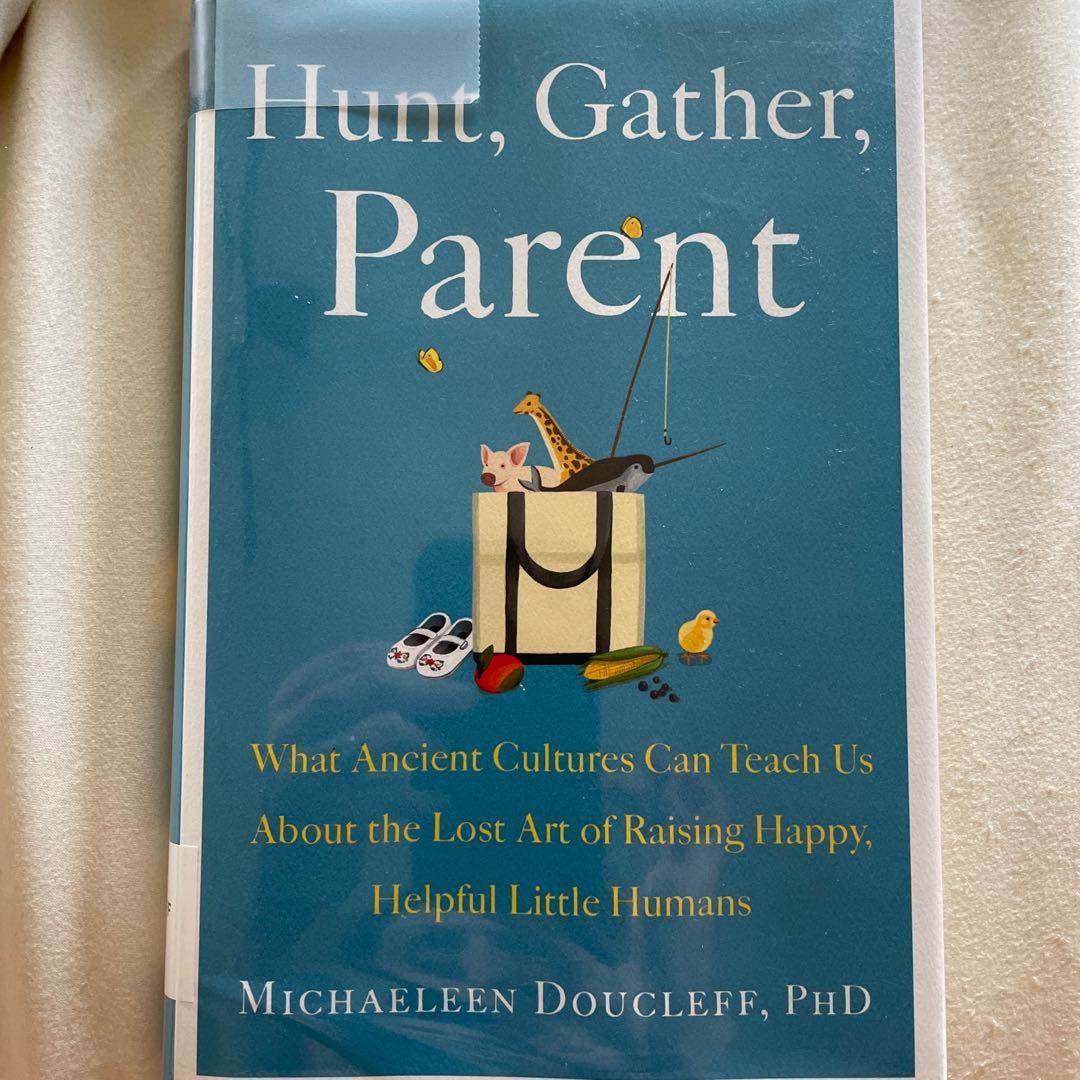
I‘m out of the target market for this as my children are 14 and 12, but it does give practical, calm, good advice. I thought this would be more about the cultures of the Mayan, Inuit, and Tanzanian but it really just skirts over them to prove the point that kids need to be included, respected and help contribute to families as early as possible. I just wanted more cultural anecdotes (and more inclusion of fathers and sons).